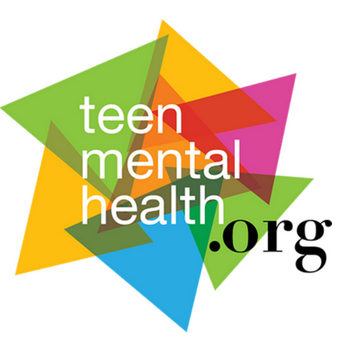
A Canadian-developed, research-based, classroom-ready resource bringing mental health to your school. Designed especially for educators teaching Grades 7-12.
The term “mental health” has been steadily gaining mainstream attention, but what does it really mean? The Canadian Mental Health Association states that “mental health is more than mental illness. It’s more than being happy all the time. It’s about feeling good about who you are, having balance in your life, and managing life’s highs and lows”.
Mental Health Week took place this year between May 7-13, but a topic as important as this deserves recognition year-round. We at PDCE encourage you to regularly prioritize and nurture your own mental health and that of others; as a teacher, that responsibility extends to your students. Do you have the skills, knowledge and tools to address mental health in your classroom? If you feel you could sharpen your expertise in this area, then our ‘Bringing Mental Health to Schools’ online resource is for you!
Do you have the skills, knowledge and tools to address mental health in your classroom?
This Canadian-developed, 100% online, free modular curriculum resource provides classroom-ready lesson plans that support provincial and territorial curriculum frameworks. This course is strictly evidence-based, and was developed by Dr. Stan Kutcher, and Dr. Yifeng Wei of Dalhousie University.
- Dr. Kutcher is the Sun Life Financial Chair in Adolescent Mental Health and the Director World Health Organization Collaborating Centre in Mental Health Policy and Training at Dalhousie University, and IWK Health Centre in Canada. He is a leader in mental health research, advocacy, training and policy and has been involved in mental health work in over 20 countries.
- Dr. Wei has worked as a researcher and school mental health lead with the Sun Life Financial Chair in Adolescent Mental Health team since 2008. Her research interest has focused on promoting mental health literacy in schools to help students achieve better understanding about mental health and mental disorders, reduce stigma against mental illness, obtain and maintain good mental health and enhance help-seeking behaviours.
But don’t take our word for it – those who have completed the Bringing Mental Health to Schools course have positive feedback to share. Samantha Tomlinson, a teacher in Ontario, completed the course in January 2018, and says it was “the most beneficial teaching-related course I have taken. It was well laid out, and completely ready for the classroom.” Jeremy Church, one of the reviewers for this online resource, and a champion in North Vancouver for implementing ‘The Guide’, notes that “the content of the course is engaging and relevant, and is addressing a real need in our schools today.”

Church highlights the following key takeaways teachers can expect to gain from the course:
- An understanding of the teen brain and it’s development
- Language and knowledge to distinguish between mental distress, mental problems, and mental illness
- The importance of normalizing teenage emotions without pathologizing them
- How to teach youth about mental illnesses, including signs and symptoms
- How to support youth with help-seeking behaviours, including accessing of resources and self-advocacy
“[This was] the most beneficial teaching-related course I have taken. It was well laid out, and completely ready for the classroom.”
The Bringing Mental Health to Schools modular online course is especially designed for junior high and secondary classrooms, and is proven to improve outcomes for both teachers and students. It focuses on myth busting and decreasing the stigma around mental health, and is available to all Canadian educators. The course format is self-paced, with 6 modules (45 minutes each) each comprising of classroom activities, self-guided study, and a module test – best of all, it’s free!
Find out more about this timely and important course, and help to bring mental health to schools.
Learn More